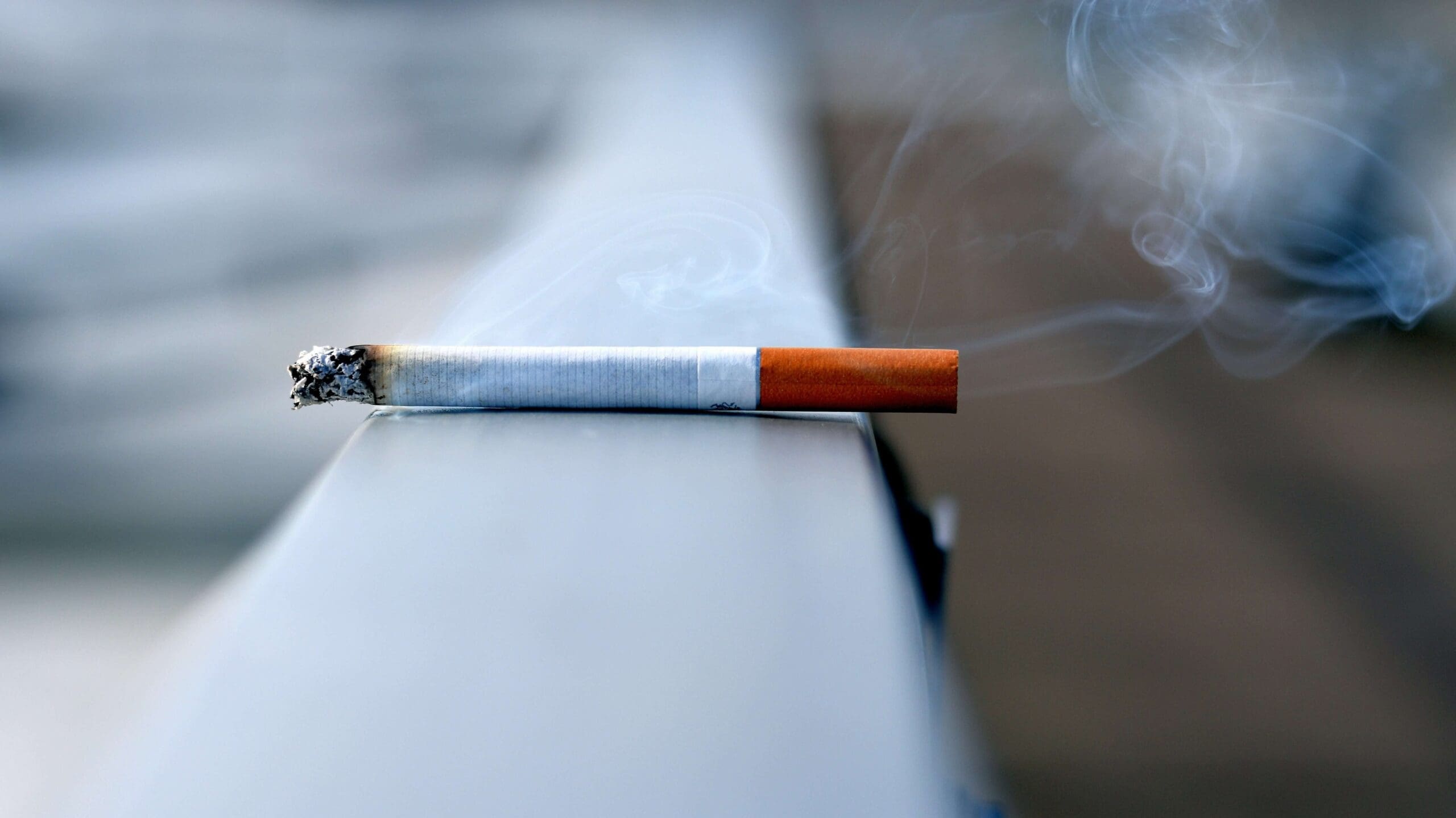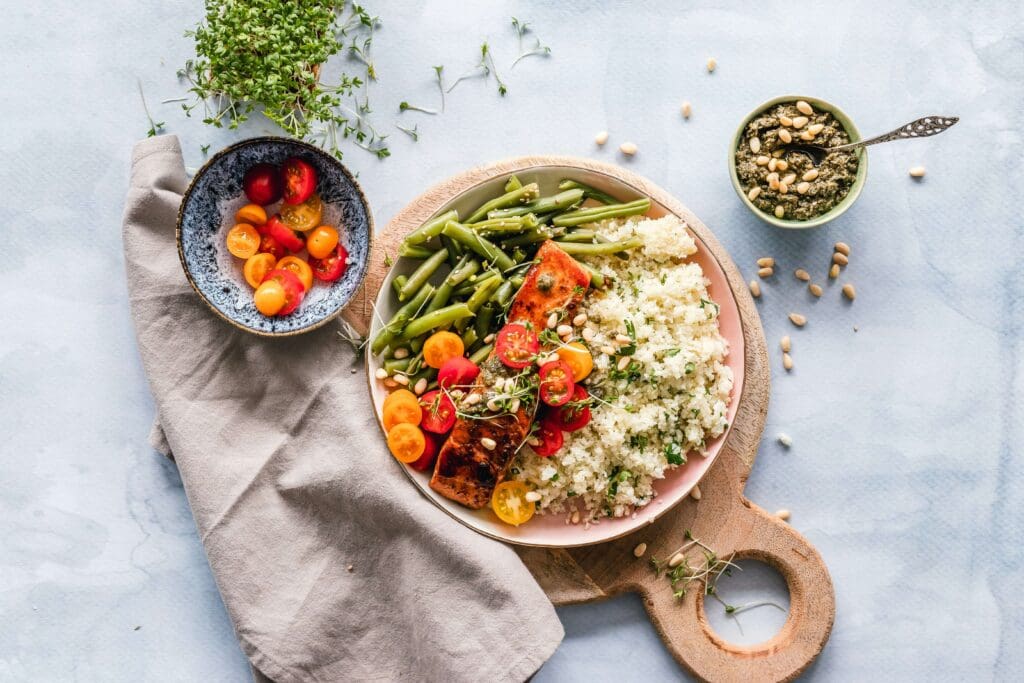Introduction
Hey there, friends! Today, let’s embark on an adventure of how everyday habits can be used as a weapon against the dragon of cancer risk! Okay, maybe not a literal dragon, but you get the idea.
Picture this: You, sitting at the helm of your life’s ship, navigating through the vast sea of choices. Each choice you make is like a ripple in the water, shaping the course of your journey. And when it comes to cancer risk, you’re not just a mere passenger – you’re the captain, the navigator, and the crew, all rolled into one!
Now, I know what you’re thinking.
“Why bother, my behaviors don’t make a difference. Isn’t cancer just a roll of the genetic dice?”
While genetics do play a role, they’re just one piece of the puzzle. The rest? Well, that’s where your superpower kicks in – lifestyle and behavior changes. Small habits add up. As I always say, control your controllables and let go of the rest.
1. Cut out legitimately harmful substances

This includes alcohol, tobacco, and unnecessary mega-dose supplements. That’s right – ALL alcohol is a carcinogen. Learn more about alcohol and cancer risk.
Alcohol and tobacco cessation
Quitting is not easy, but you have options!
- Seek support from friends, family, or professionals to quit these habits
- Consider joining support groups or using cessation aids like nicotine patches
Avoid unnecessary supplements
Focus on obtaining essential nutrients from a well-balanced diet rather than relying on supplements. Consult with a healthcare professional or registered dietitian to determine if you have any specific nutritional deficiencies that need supplementation.
2. Make a plant-based diet a habit

We have a lot of research showing the health benefits of incorporating more plants. One of the most well-researched eating patterns, The Mediterranean Diet, focuses on a diet full of whole grains, fruits, vegetables, beans, and healthy fats. It makes sense since our plants give us fiber to nourish our gut bacteria and loads of phytochemicals that may act as an antioxidant and anti-inflammatory agent. Loading up on fruits, veggies, whole grains, and lean proteins is like giving your body a spa day – rejuvenating.
- Incorporate variety: Include a wide range of fruits, vegetables, whole grains, nuts, seeds, beans, and legumes in your diet to ensure you’re getting a diverse array of nutrients. Make snacking on fruits and vegetables a habit.
- Meal planning: Plan your meals and snacks ahead of time to ensure they’re balanced and include plenty of plant-based foods. Being prepared will reduce the likelihood of reaching for the vending machine when your stomach starts grumbling.
- Experiment with recipes: Explore new recipes and cooking techniques to make plant-based meals more exciting and satisfying.
3. Stop fearing foods that do not increase cancer risk

One of the most common things I hear from survivors is how they are following extremely restrictive diets out of fear of “feeding” their cancer. Opinions on nutrition are like as***les – everyone has one. That does not mean they are qualified to give sound recommendations to survivors going through treatment.
- Focus on moderation: Enjoy a variety of foods in moderation, including plant oils, artificial sweeteners, and non-organic produce. These foods can be part of a healthy diet when consumed sensibly.
- Read reliable sources: Educate yourself about food and nutrition from reputable sources to distinguish between myths and facts about food and cancer risk.
- Listen to your body: Pay attention to how different foods make you feel and make choices that support your overall health and well-being. If you feel better eating organic – that’s great. Choose that, but that doesn’t mean everyone out there needs to do the same thing.
4. Move that body

Exercise is the ultimate habit to boost your mood, relieve stress, and reduce your cancer risk, all rolled into one. Using the motto “move more, sit less” will help you slash your cancer risk and reap numerous health benefits.
- Find activities you enjoy: Choose physical activities that you don’t hate and can sustain long-term, whether it’s walking, cycling, dancing, or swimming. If you absolutely hate running, that is likely not the best workout plan for you.
- Incorporate movement into your day: Look for opportunities to be active throughout the day, such as taking the stairs instead of the elevator or going for short walks during breaks. Even stretch breaks at your desk can help break up sedentary time.
- Set realistic goals: Start with manageable goals and gradually increase the duration and intensity of your physical activity over time.
- Remember that ANY movement counts, whether you are gardening, doing house work, chasing your kids at the park – it all is movement!
5. Lower your body fat

Having excess body weight can increase your risk for 13 different kinds of cancer. The good news is there are habits you can start doing right now to reduce your excess fat tissue and subsequently reduce your cancer risk. Learn more about sustainable weight loss for survivors in my masterclass!
- Eat mindfully: Pay attention to your hunger and fullness cues, and avoid eating when you’re not hungry. Limit distractions by turning off Netflix or stepping away from the laptop at work. Practice being truly present with your meal. Not only will you feel more in-tune with your hunger/fullness, but you will likely have better digestion too.
- Choose nutrient-dense foods that provide satiety without excess calories. This is easier to do when choosing whole or minimally processed foods. Think whole potatoes instead of potato chips, fruit instead of fruit snacks. Processed foods have their place, but we don’t want them to make up 100% of the diet. These foods are usually higher in sodium, saturated fat, and added sugar, and lower in fiber, protein, and vitamins/minerals.
- Focus on portion control: Be mindful of portion sizes and avoid oversized servings, especially of calorie-dense foods.
- Incorporate strength training: Include resistance exercises in your fitness routine to build lean muscle mass, which can help increase your metabolism and reduce body fat over time.
Wrap-Up
So there you have it, my fellow adventurers – your roadmap to reducing cancer risk one habit at a time. Remember, you’re not just a passenger on this journey called life – you’re the captain, the hero, the master of your fate. So grab that sword of empowerment, wield it with gusto, and let’s slay some cancer dragons together!
I have witnessed hundreds of survivors slash their cancer risk and truly THRIVE after and even during cancer. By making small shifts and working with an expert for an individualized plan to conquer your goals, you will be truly unstoppable. Let’s do this, together!
This blog is not intended as medical nutrition therapy, medical advice, or diagnosis and should in no way replace consultation or recommendation from your medical professional.



